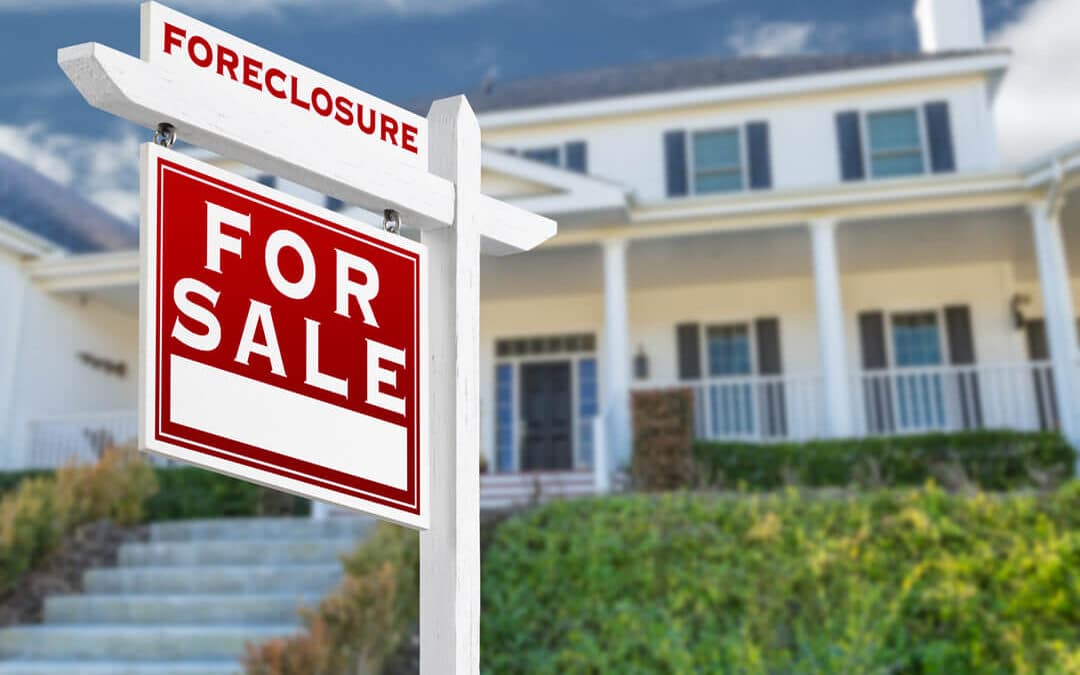Are you behind on your home mortgage payments? Do you fear your lender may be getting ready to foreclose on your home?
Because the foreclosure process, especially in Alabama, can move quickly, you need to understand the process and your rights.
When Can the Foreclosure Process Start in Alabama?
According to federal laws, a lender cannot start foreclosure proceedings until the borrower is over 120 days delinquent on their payments. Once the loan is delinquent for 120 days, the lender can start the foreclosure using the process allowed by state foreclosure laws.
In Alabama, a lender can choose between two foreclosure procedures: judicial or nonjudicial. Under the judicial procedure, a lender would have to file a claim against the borrower in the local court. With a nonjudicial procedure, the lender does not have to seek court supervision. Instead, all the lender needs to do is publish a public notice of sale in a local newspaper at least once a week for three consecutive weeks before selling the property. Most lenders choose the nonjudicial process. It is less expensive and more streamlined.
Alabama law does not require them to notify the borrower before starting either foreclosure process.
But, many mortgage contracts in Alabama require the lender to send a letter notifying the borrower about foreclosure proceedings. Also, for mortgage contracts dated after January 1, 2016 lenders must send a notification to borrowers about their right to redeem the property at least 30 days before the foreclosure sale.
Right to Reinstate the Loan before Foreclosure Sale
Many state laws allow borrowers to stop the nonjudicial foreclosure sale by “reinstating” the loan. To reinstate a loan the borrower must pay all missed payments, fees, and other costs in one lump sum before the foreclosure sale.
Alabama law does not a borrower to reinstate their loan before foreclosure. But, many mortgage contracts give the borrower the right to reinstate the loan up to five days before the foreclosure sale.
Deficiency Judgments After Foreclosure in Alabama
The amount a property sells for in a foreclosure sale rarely equals the total amount of mortgage owed. The difference in the amounts is called a “deficiency”. Unlike some states, Alabama law allows the lender to sue a borrower if a foreclosure sale ends in a deficiency.
If a court decides in favor of the lender, a deficiency judgment will be made against the borrower for the deficient amount. This allows the lender to use collection actions such as wage garnishment or bank levy against the borrower until the deficiency is paid.
How Bankruptcy Can Help with Foreclosure
Because a mortgage is considered a secured debt, it cannot be simply eliminated through bankruptcy. But, bankruptcy can often temporarily delay foreclosure. A delay could provide opportunities for the borrower to stop the foreclosure process permanently.
This delay is made possible through bankruptcy’s automatic stay. The automatic stay is a legal injunction placed against creditors as soon as someone files for bankruptcy. Under an automatic stay, the court forbids creditors from taking collection actions against the bankruptcy applicant for the duration of their bankruptcy case. This includes foreclosure.
Since the foreclosure process in Alabama can happen quickly, this delay could help provide valuable time to pursue the options bankruptcy provides to stop foreclosure.
How bankruptcy can help stop foreclosure depends on each person’s financial situation and the chapter of bankruptcy they file.
Generally, the key benefit of Chapter 7 bankruptcy for the debtor is more time to:
- gather money to catch up on mortgage payments
- try to negotiate a loan modification with the lender
- sell the property themselves
- make other living arrangements
Chapter 13 bankruptcy may offer the best solution to those facing foreclosure. Under Chapter 13 bankruptcy, the court restructures an applicant’s unsecured debt into a 3 to 5-year payment plan according to their disposable income. The arrearages (past-due balance) of a mortgage could get added to a restructuring plan which would spread out repayment over several years. Chapter 13 bankruptcy also allows for the “stripping” of second mortgages if more is owed on the property than its actual value.
Upon successful completion of a Chapter 13 bankruptcy repayment plan, as long as regular mortgage payments have continued, the threat of foreclosure on the property should stop.
Getting Help to Stop Foreclosure
If you believe you could face foreclosure, you may want to seek the help of an experienced bankruptcy lawyer. Foreclosure in Alabama can happen fast and be complex. An experienced bankruptcy attorney would know what options are best for your financial situation.
Brock & Stout’s bankruptcy lawyers have been helping homeowners fight against foreclosure for over 25 years. We are dedicated to helping all our clients through the bankruptcy process so they can get a financial fresh start. Contact us for a free evaluation of your financial situation to see if we can help you.

